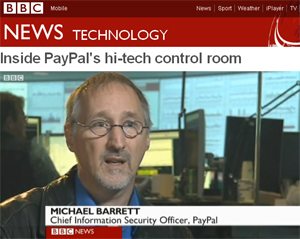 Since PayPal and other tech companies ending their relationship with the Wikileaks website, and there have been many retaliatory hacking attempts by Wikileaks sympathisers.
Since PayPal and other tech companies ending their relationship with the Wikileaks website, and there have been many retaliatory hacking attempts by Wikileaks sympathisers.
The most common attack is denial of service, where hackers attempt to send so many requests to a server it either runs out of bandwidth on it’s Internet connection or simply doesn’t have the processing power to respond to the amount of connections.
PayPal is one of the affected companies, and today the BBC have published a video report from inside PayPal’s high tech control room where engineers ensure the site stays up and running. Michael Barrett, the Chief Technology Office of PayPal, explaind thet during the recent attacks on PayPal the site’s servers slowed, but continued to operate thanks to the efforts of the team that work around the clock to ensure PayPal is always available to users.
It’s a short report, but the shots from inside the control room reveal panoramic wall displays showing the status of the PayPal website along with technicians working on the site. Although it’s not something the average PayPal user will ever think about it’s pretty amazing just how much technology it takes to keep the site safe, secure and operational. The control room is just that, PayPal also have servers around the world which the site is actually hosted on.
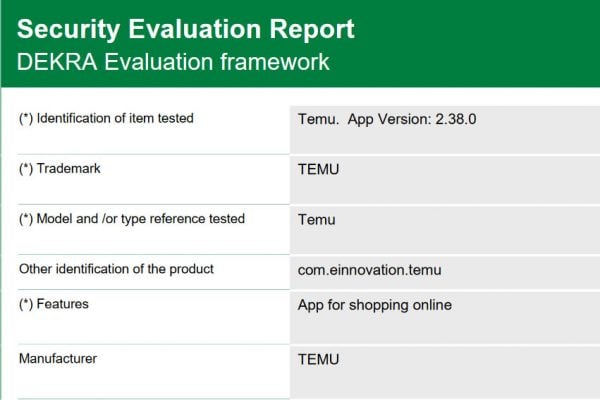
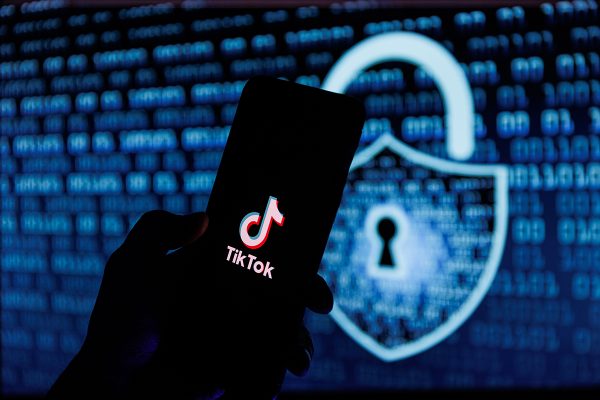
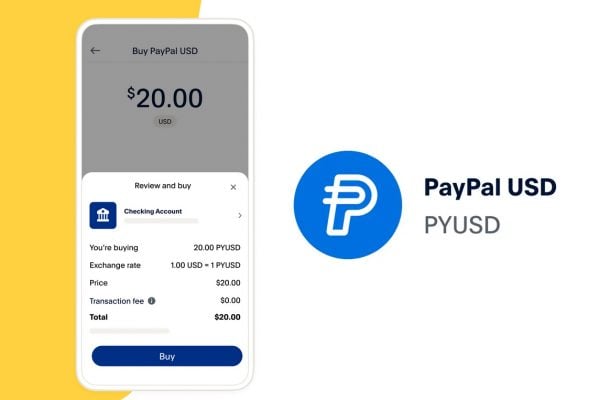
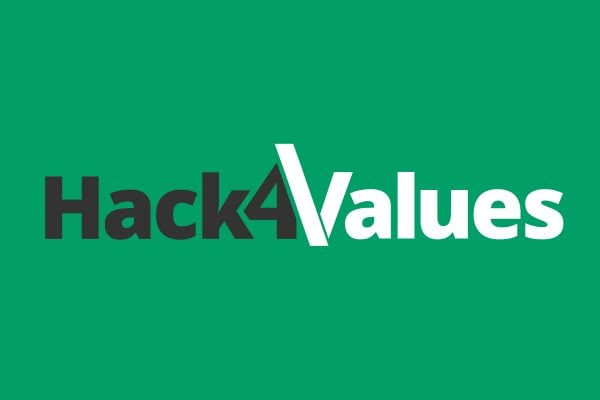




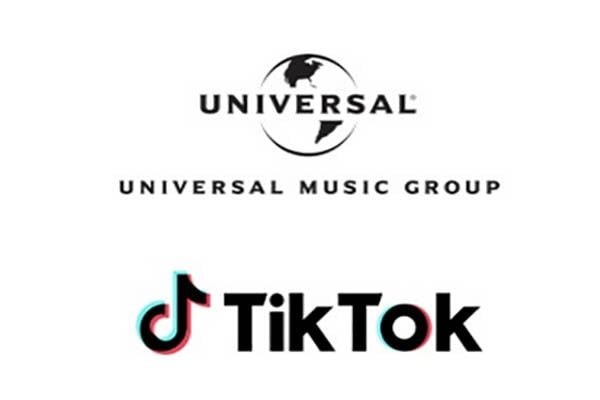

3 Responses
I bet Paypal can trace them back to their Internet Service Provider and to their PC as everytime you use your computer you leave a trace behind. Even if they delete the cookies on their harddrive, they may still have them on file.
Google keeps and sells this information to companies and google ads use this for targeting users with adverts for products you may wish to buy. I still don’t know why Paypal should be political.
DoS attacks are more complex than that I.P address are spoofed a clever DoS attacker will not get caught or it will be very hard to catch. Sometimes they may even setup a hijacked computer to do the deed.
DDoS attacks are generally from “drone” or “bot” computers affected with a virus, the controller of the script can also hide by bouncing traffic through proxies in countries that dont like to share data, China, Korea, etc.
The only trace left is to the individual computers which are owned by people who are not involved or unaware of the whole thing and simply have a malicious script on the PC.
The Wikileaks group is quite small, if someone creates a widespread virus with the sole purpose of a huge number of “bots” they could bring down whoever they wanted. Pity they dont see the damage they do to innocent businesses by targeting service providers like PayPal and Amazon